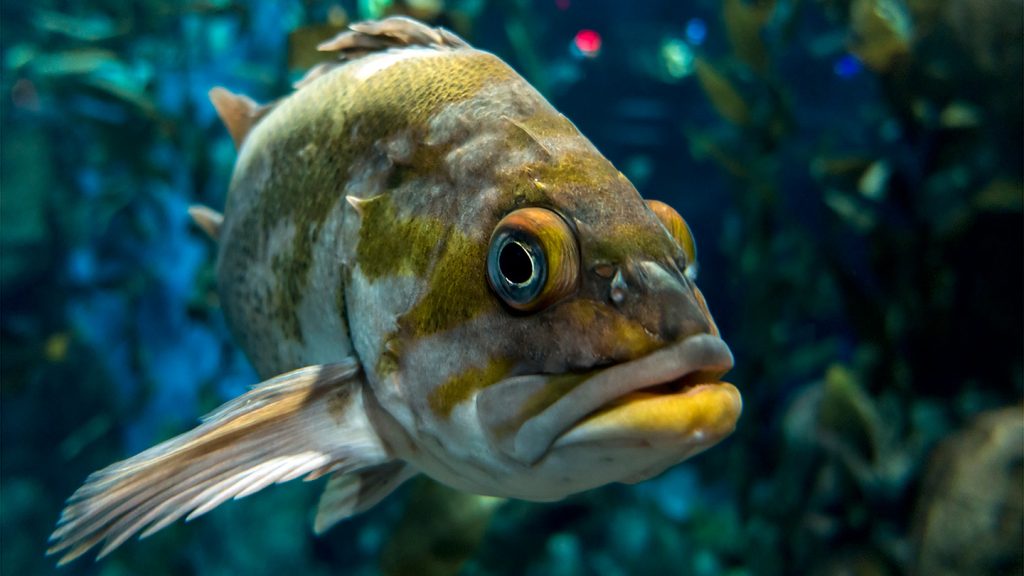Fish communicate using a variety of sounds, some of which humans can hear and some that are only detectable with specialized equipment. These sounds play a crucial role in the daily lives of fish, helping them navigate their environment, attract mates, and defend against predators. By studying these sounds, scientists hope to gain valuable insights into the behavior and ecology of fish species.
One of the main goals of recording fish sounds is to improve monitoring of marine ecosystems. By tracking changes in the soundscape over time, researchers can get a better understanding of how human activities such as fishing, shipping, and oil drilling are impacting fish populations. This information can then be used to inform conservation efforts and help protect vulnerable species.
In addition to monitoring ecosystems, studying fish sounds can also provide insights into fish behavior. For example, researchers have found that certain sounds are associated with specific behaviors, such as courtship or aggression. By analyzing these sounds, scientists can learn more about how fish communicate with each other and how they navigate their social hierarchies.
Recording fish sounds also presents a unique technical challenge. Fish sounds can vary greatly in frequency and amplitude, making it difficult to capture them accurately. To overcome these challenges, researchers are developing specialized recording equipment that can detect and analyze fish sounds in different environments, from shallow reefs to deep-sea trenches.
One of the biggest advantages of studying fish sounds is the potential for non-invasive research. Unlike traditional methods such as tagging and tracking, recording fish sounds does not require researchers to physically handle the fish. This means that scientists can collect data without causing stress or harm to the animals, allowing for more ethical research practices.
Ultimately, the quest to log all the sounds of fish communication holds great promise for advancing our understanding of marine ecosystems. By deciphering the language of fish, scientists can gain valuable insights into the behavior, ecology, and conservation of these fascinating creatures. With continued research and technological advancements, we may soon be able to unlock the secrets of the underwater world and better protect the oceans and the species that call them home.


